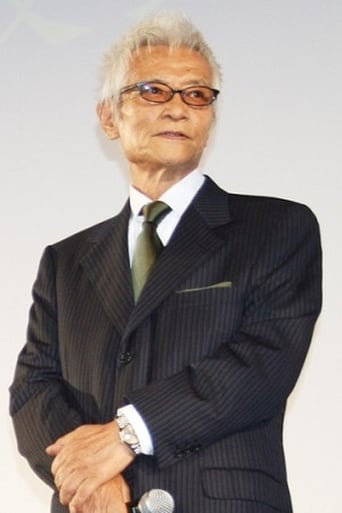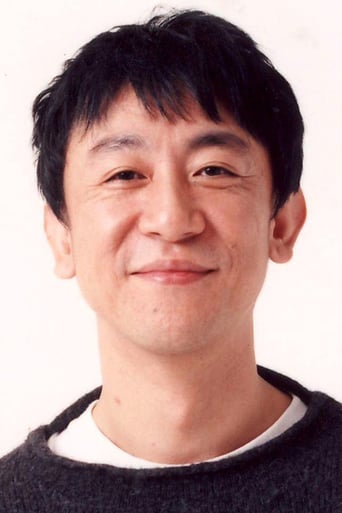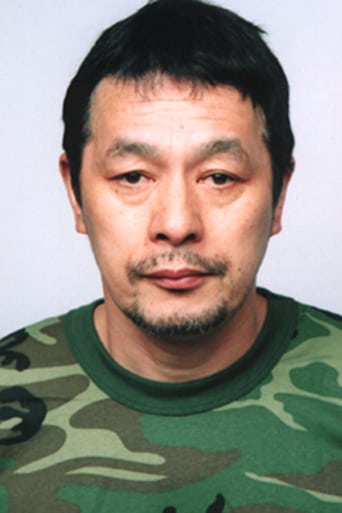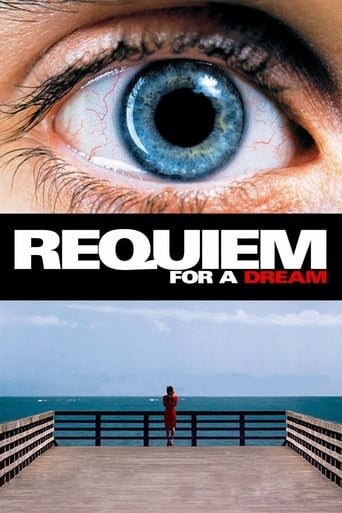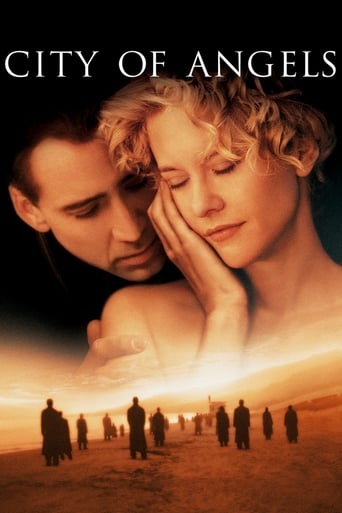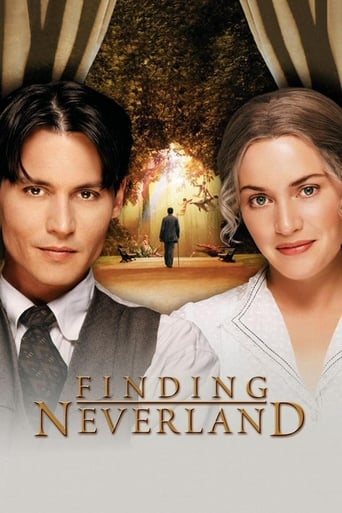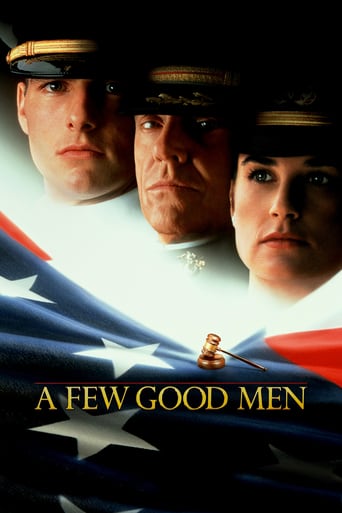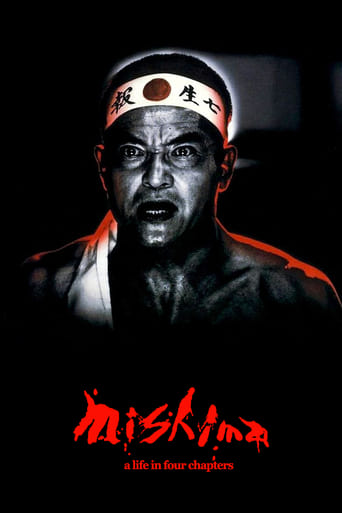
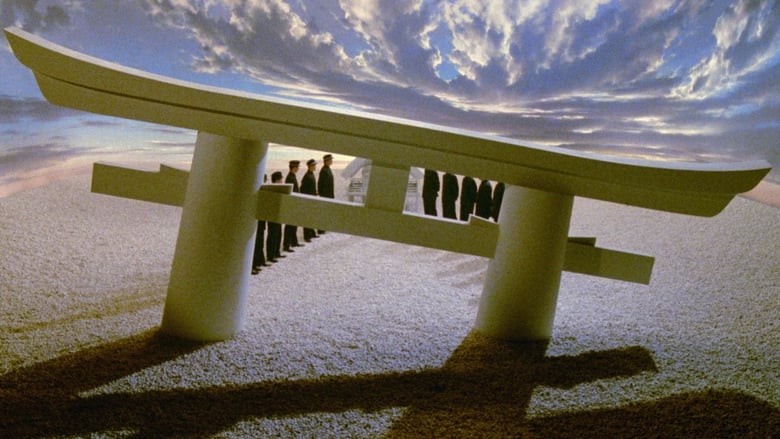
Mishima: A Life in Four Chapters (1985)
A fictional account of the life of Japanese author Yukio Mishima, combining dramatizations of three of his novels and a depiction of the events of November 25th, 1970.
Watch Trailer
Cast


Similar titles
Reviews
This film, executive produced by Francis Ford Coppola and George Lucas, and written and directed by Paul Schrader (Taxi Driver, American Gigolo), is one I never would have heard of, if not listed in the book 1001 Movies You Must See Before You Die, I hoped it would be good. Basically it is a fictionalised biopic, in four chapters of, about the life and work of celebrated Japanese writer Yukio Mishima (Ken Ogata). Set on 25th November 1970, the last day of his life, he is seen finishing a manuscript, then he puts on a uniform to meet with his most loyal followers from his private army. In flashbacks, we see Mishima's progression, from sickly young boy to one of Japan's most acclaimed writers of the post-war era. He is loathsome of materialism of modern Japan, and sets up his own private army, proclaiming to reinstate the emperor as the head of state. The biographical sections are interwoven with short dramatizations of three of his novels: The Temple of the Golden Pavilion, Kyoko's House, and Runaway Horses. The film culminates in Mishima and his followers taking hostage a General of the Japan Self-Defense Forces, he makes an address to the garrison's soldiers, asking them to join his struggle to reinstate the Emperor as the nation's sovereign, his speech is largely ignored and ridiculed. It ends with Mishima returning to the General's office and committing seppuku, a Japanese ritual suicide by disembowelment. Also starring Naoko Ôtani as Mother, Haruko Katô as Grandmother, Yuki Nagahara as Mishima, age 5, Masato Aizawa as Mishima, age 9-14, Gô Rijû as Mishima, age 18-19 and Junkichi Orimoto as General Mashita, and narrated by Roy Scheider. It is an interesting story, there are some memorable moments, both fictional and non-fictional, the use of scenery and colour is terrific, and the score composed by Philip Glass is great, including music I recognised that was used in the ending of The Truman Show, not a bad biographical drama. Worth watching!
A fictionalized account in four segments of the life of Japan's celebrated twentieth-century author Yukio Mishima. Three of the segments parallel events in Mishima's life with his novels.This is a great film. I confess I really never heard of Yukio Mishima, and probably never read a single thing he wrote. But here he is brought to life and tells a story larger than life itself. Is it completely historically accurate? You know, probably not. But the details are not so much important here as the art itself.What is perhaps most strange is who brought this tale to life: Paul Schrader. Brilliant, artistic, but not the first name you would expect when it comes to Japanese history and literature...
Paul Schrader and his brother Leonard wrote Mishima, and in so doing, clearly drew parallels between the life of Yukio Mishima and his work. The film is divided into four sections: beauty, art, action, and the fateful day when Mishima held an army general hostage and spoke to the garrison, only to have it ridicule him and his Bushido ideals of the samurai code. Mishima committed ritual seppuku on November 25, 1970, and he planned it as a meshing of beauty, art, and action. Schrader edits scenes recreating that day with three different scenarios from Mishima's novels: Temple of the Golden Pavilion, Kyoko's House, and Runaway Horses. The moment of seppuku is perfectly realized in relation to its shocking climax via pulling back the camera while simultaneously zooming in. Black and white sequences are intermingled with the colorful moments depicted in Mishima's novels. The black and white scenes represent memories from Mishima's childhood and youth. Schrader correlates some of these autobiographical moments with scenes from the novels that often parallel Mishima's real life, such as his stammer, development of his bodybuilding obsession, and his fostering of the samurai code. Each of the three themes of beauty, art, and action is exemplified in the chosen depictions from the respective novels. The color sequences are reminiscent of early, stagy Technicolor films, giving the film, perhaps, an intended surreal quality considering the subject matter.Ken Ogata plays the real Mishima with unfailing determination, headed to the general's office on that fateful day and resembles the real Mishima. Schrader took tremendous risks with this film in focusing on the novels he did and with tying them thematically to both Mishima's personal life and his literary ambitions. The editing of the film between the three main sections of November 25, 1970, the black and white growing up segments, and the colorful novel scenes clearly point to the deliberate intersection of these elements of beauty, art, and action in Mishima's life. At times, it is difficult to follow, and there may be little to recommend for the uninitiated viewer. *** of 4 stars.
The film, original and hypnotizing depicting of the fascinating Artist's life through his writings, works, especially in the first two chapters, "Beauty" and "Art". They are nothing short of perfection if you ask me. Amazing blend of three different styles - quasi documentary of the last day in his life, black-and-white flashbacks of his earlier days and exiting and stylish color sequences of his novels "The Temple of Golden Pavilion" and "Kyoko's House" helps to understand the constant and tragic search of Mishima's protagonists for beauty and for meaning of art. Two last chapters, "Action" and "Harmony of Pen and Sword" seem weaker than the first two. Two hours are not enough to explore the figure of such complexity but the attempt is very interesting and adds to my interest in Mishima - a great writer, actor, director, a military man, a man who felt that he knew where the future of his country lied and who did not hesitate a second to die for his ideas.7.5/10


